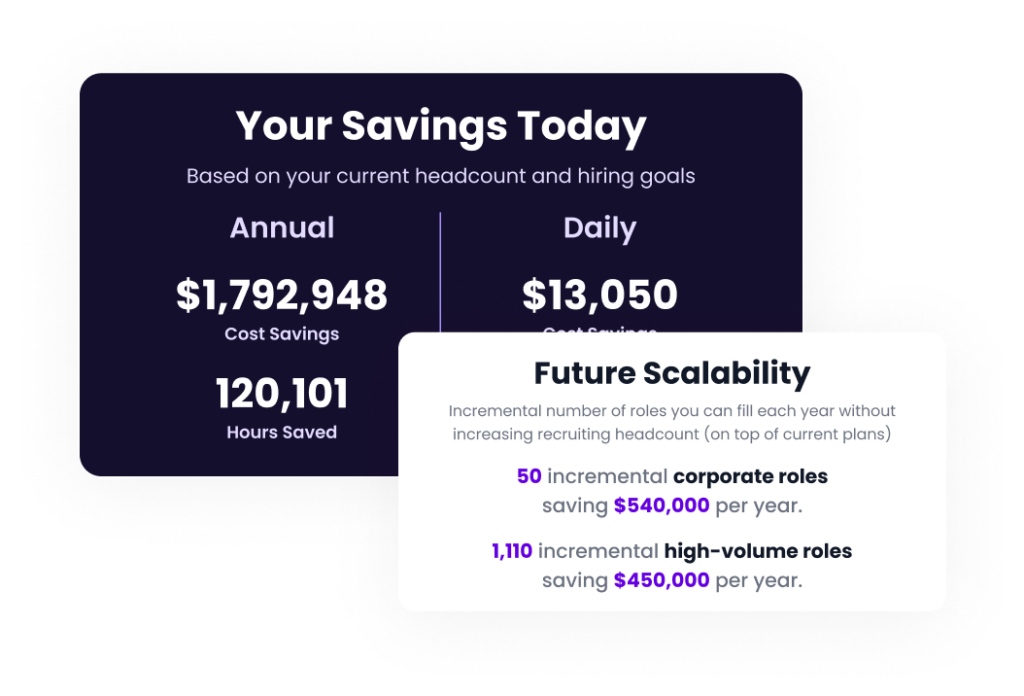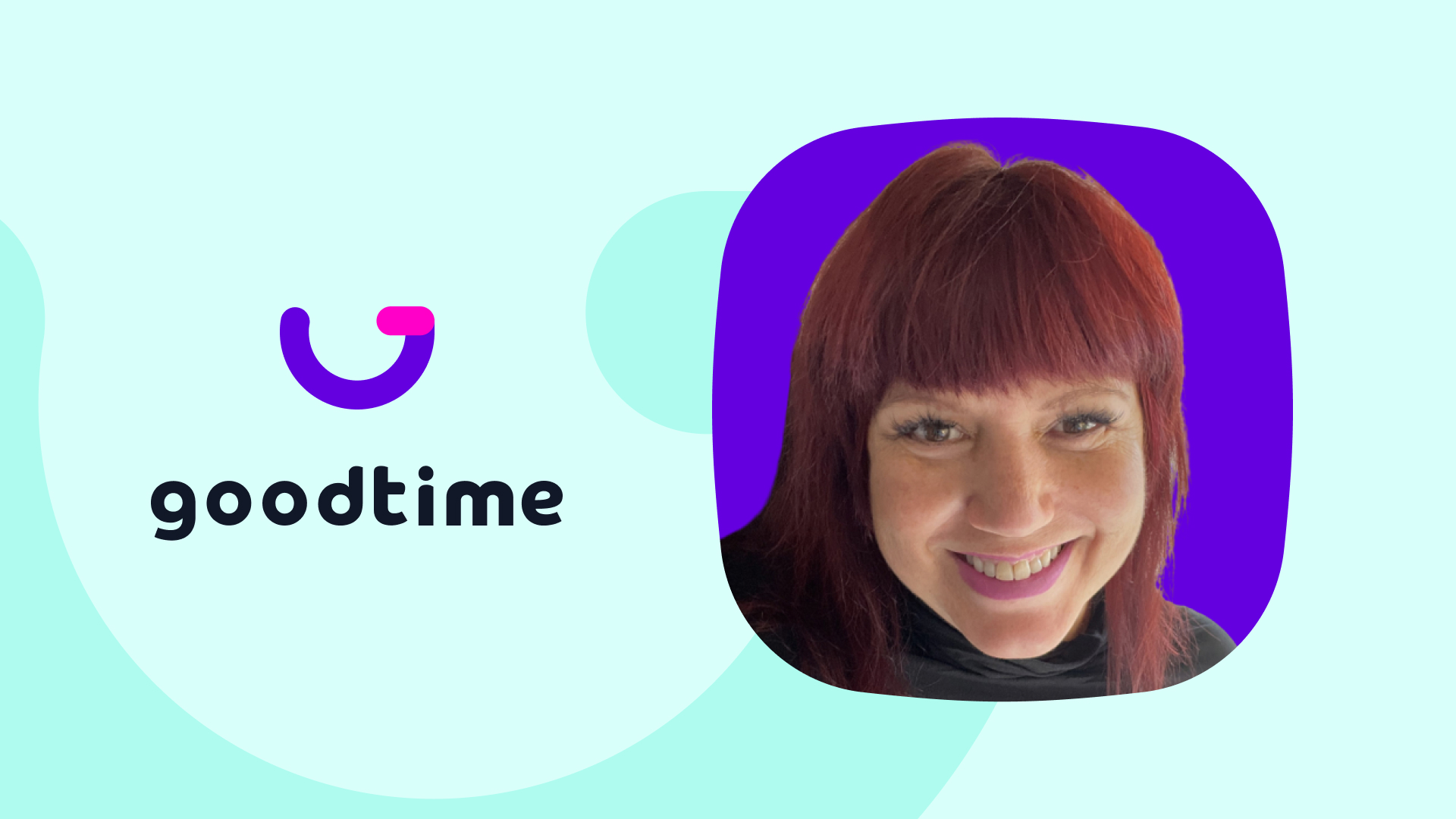Remote work from home is nothing new, and if we’ve learned anything over the past two years, it’s that WFH can be just as productive (if not more so) than working in an office.
But what if your company wants to adopt a WWYWB (Work Where You Work Best) policy? Lindsay Goring, Global Talent Acquisition Lead at Spotify, sat down with GoodTime’s Head of Customer Success, Lauren Costella to discuss options for remote work and the strategies that made their approach a success.
If you don’t have time to watch the full video, here’s the TLDR with the five main takeaways from the session.
Consider Your Remote Work Approach With A Globally Distributed Team
Spotify has implemented a strategy that enables employees to work from anywhere. Employees at Spotify are encouraged to view work as something they do, not a place they go. This enables great flexibility for employees to work fully remotely if they choose.
Though this strategy has been successfully implemented at Spotify, it’s not for every company. The fact is, there is no one size fits all option because you have to have the right infrastructure to support this work style, and the right strategies to implement these kinds of company policies.
The way a company approaches these policies is one of the most important elements to consider. Spotify’s approach was very people-focused and they aimed to analyze what their employees needed to work their best. This meant that they had to provide flexibility for their employees because some of them worked best in a remote environment.
This Is How Spotify Approached Work From Home:
- Try to ensure that teams are within similar time zones to work seamlessly with each other instead of having 8+ hour time differences.
- Set up multiple entities in different locations around the world so that those who do need the office can access it.
- Choose specific regions when you’re looking to fill certain roles.
- Allow employees to choose their work modes (office or home mix).
Prepare With Your Team
This is all about getting your team ready for change by understanding the goals and strategies used to make those changes a success. Preparation is also crucial for leaders to understand which employees prefer working in the office and those that prefer working fully remotely.
It’s important to remember that it will take months to fully prepare for this kind of work environment because these changes can be quite drastic. Some roles have to adapt fully online, while others will need to be hybrid.
These Are Some of the Factors Spotify Had to Iron Out Before Getting Started:
- Employee laws in different countries
- Payment methods for different currencies and countries
- Co-working spaces for those who want office spaces in different locations
- Human resources and internal comms
- Training and retraining staff to adapt to remote work
- Getting the recruitment team ready
For Remote Work, Employer Branding Is Key
This is an important element in recruiting talented people because they need as much information about their employer as possible. Spotify has a dedicated website just for careers at the company to highlight the different roles available. This lets candidates see which roles are eligible to be fully remote and the ones that require office work.
This kind of method is quite effective in employer branding because the website gives in-depth details about the roles as well as the company culture that candidates should expect. It’s better than just having a few hundred words on a job board that give very little knowledge about what the employer’s values are and what work mode options are available at the company.
This kind of employer branding is fundamental because it ensures that candidates already know before they apply what kind of role they want and what work mode they are eligible for as well.
Spotify’s Results
Once these kinds of changes are made within the company, it’s essential that people are measuring the level of results. Spotify has seen many great results and one of those is the increase of applications once they announced that they’d let people work from anywhere where eligible. This attracted many talented people based in different parts of the world.
By allowing people to work from anywhere, they no longer had to turn down applicants who were unable to relocate due to personal reasons or COVID-related challenges. This leveled the playing field for applicants and gave them the chance to hire more talented people regardless of their geographic location.
Remote Companies: Time to Give Your Tech Stack an Upgrade
Having the right tools is critical for companies trying to move to remote work. Spotify works to ensure that collaboration is asynchronous by using tools like Slack, Workplace, and GoodTime.
GoodTime Hire’s automated, intelligent scheduling serves as a major asset to companies that have to navigate through different time zones with candidate schedules. This is one way that the Spotify team can automate coordination, eliminate manual work to save both time and money, and make the application process a positive experience for candidates.
Learn more about how GoodTime Hire’s interview scheduling software can supercharge your recruiting to win top talent.
Does interview scheduling automation make sense for my team?
ROI is key. This is not a time to invest in software that won’t bring you immediate value. So let’s eliminate the guesswork with our free ROI calculator.





